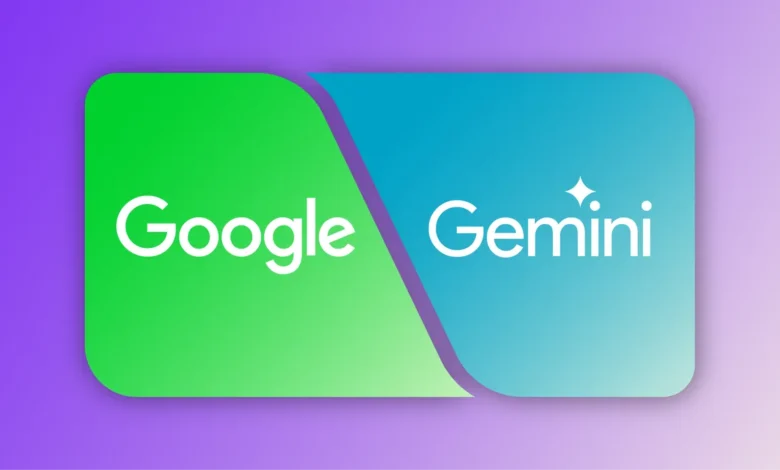
Google may have just disrupted its own crown jewel. With Gemini now built directly into Chrome, the world’s most popular browser, users may soon bypass the traditional search box altogether — a shift that could upend the very business model that turned Google into a trillion-dollar company.
Browsing without searching
For decades, the browser has been a passive tool: you type a URL, enter a query into Google, and click through results. Chrome’s new AI-first features flip that model on its head. The revamped search bar (which Google calls the ‘omnibox’) now doubles as an AI assistant that can handle conversational queries, summarize pages, pull from browsing history and even get context from multiple tabs you have open.
Instead of typing “best budget laptops 2025” into Google.com, a user could simply type into the Chrome search bar: “Which laptop is the best value for under $800?” Gemini delivers a tailored answer instantly — no search engine results page, no blue links, no ads in sight.
If widely adopted, this represents a tectonic shift in user behavior: search queries migrating from Google Search into Google Chrome itself.
Cannibalizing the golden goose
Google Search isn’t just a product — it’s the company’s financial engine. More than half of Alphabet’s revenue still comes from ads displayed alongside search results.
But AI-driven answers in Chrome don’t work the same way. When Gemini gives you a direct response in the browser, there’s no obvious space for sponsored results or shopping ads. In effect, Google is threatening to cannibalize its own ad business to ensure Chrome doesn’t fall behind rivals like Microsoft Edge (with Copilot) or Arc (backed by Perplexity).
This echoes a classic innovator’s dilemma: disrupt yourself before someone else does. Yet the stakes here are enormous — billions in ad revenue are tied to people continuing to “Google” rather than “ask Chrome.”
A browser that acts, not just shows
The implications stretch beyond search. Chrome’s new “agentic workflows” allow Gemini to perform multi-step tasks like booking appointments, ordering groceries, or compiling research from multiple sources. Tasks that once required multiple searches and clicks could collapse into a single AI-driven interaction.
For e-commerce platforms and publishers that rely on search traffic, this could be devastating. If Chrome handles the shopping cart and checkout process inside the browser, why would a user visit ten different sites?
This isn’t just about convenience — it’s about who controls the gateway to the internet. For years, that gateway has been the Google Search bar. Now, Google seems intent on moving it inside Chrome itself.
Fighting on two fronts
Of course, Google isn’t making this move in a vacuum. Microsoft has been aggressively embedding AI into Edge and Bing, while smaller players like Arc and Perplexity pitch themselves as “AI-native browsers.” Chrome’s dominance — more than 60% global market share — gives Google a massive distribution advantage, but it also means expectations are higher.
If Chrome’s AI feels clunky, intrusive, or power-hungry, users could defect. If it works smoothly, competitors may find themselves permanently sidelined. Either way, the AI browser wars have officially begun.
The privacy question
Then there’s the matter of trust. Gemini relies on browsing history, open tabs, and user context to deliver personalized responses. That makes Chrome far more powerful — but also more invasive.
Users already wary of Google’s data collection may be reluctant to give the browser even deeper visibility into their digital lives. Striking the right balance between personalization and privacy could determine whether this AI-first strategy succeeds or sparks backlash.
Bottom line
At its core, Google’s gamble is clear: if the future of the web is conversational, contextual, and AI-driven, then the browser — not the search engine — must be the front line. Chrome’s transformation may well preserve Google’s relevance in the AI age. But in doing so, it risks undermining the very product that built the company’s empire.






